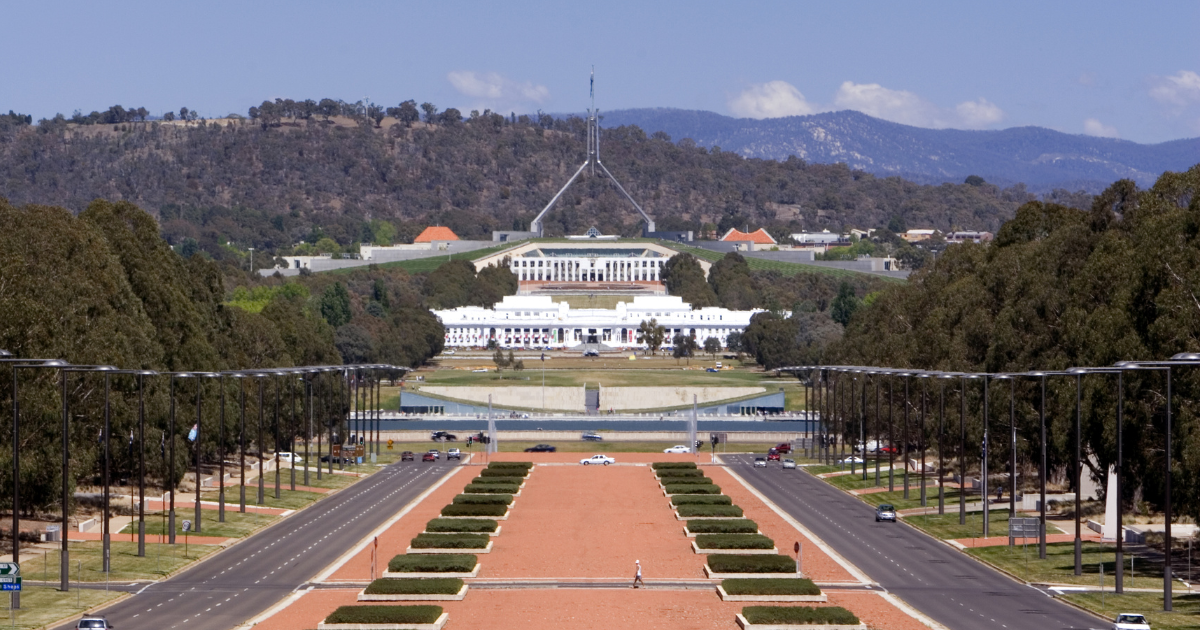January 21 2021
Australia has been praised at the UN Human Rights Council in Geneva overnight for delivering on marriage equality, while several UN states have urged Australian Governments to do more on LGBTIQ+ human rights, especially for trans and intersex Australians.
As part of a UN review of its overall human rights record conducted every 5 years, Australian Governments were urged by UN members to:
- end harmful practices, including forced and coercive medical interventions, to ensure the bodily integrity of children with intersex variations (Iceland)
- ensure free and timely access to appropriate healthcare for all, including LGBTIQ+ persons, children and adolescents where the young person has sufficient maturity to provide informed consent (Iceland)
- remove unjust legal hurdles (including surgery requirements) on trans people seeking ID documents that reflect their gender (Malta, Spain)
- end discrimination on the grounds of sexual orientation and gender identity, including by launching awareness-raising campaigns and training of public officials (Israel).
“The UN has praised Australia for delivering on marriage equality but heeded our call that no LGBTIQ+ person be left behind. Amidst a review into its overall human rights record, Australian Governments have been told to lift their game on equality for LGBTIQ+ people, particularly for trans and intersex Australians”, said Ghassan Kassisieh, Legal Director of Equality Australia.
The strength of the recommendations on LGBTIQ+ issues at the UN come as Equality Australia, along with domestic and international human rights advocates, met with individual missions and embassies from other countries and coordinated a strategy to ensure LGBTIQ+ issues were centre-stage when Australia’s human rights record was scrutinised by the UN Human Rights Council.
“Children with intersex variations in Australia are still often subjected to forced and coercive medical interventions on the basis of gender stereotypes. I’d like to thank Iceland for raising concern about these harmful practices and I’d like to thank our NGO partners for a meaningful collaboration on the UPR process. Action on these issues is long overdue”, said Morgan Carpenter, co-executive director of Intersex Human Rights Australia (IHRA).
“Trans and gender diverse people still face barriers to being recognised as who they are and how they self identify. Requiring trans and gender diverse people to undergo surgery in order to access basic gender-affirming identification documents is a breach of their human rights. The UN has recognised that laws must change and public officials must be trained to provide LGBTIQ-inclusive services”, said Tuisina Ymania Brown, co-Secretary-General at ILGA World, a trans fa’afafine woman of colour from Samoa living in Australia.
“The UN has called on the Australian government to ensure free and timely access to appropriate healthcare for all LGBTI+ persons, including trans children and adolescents. This recognises the incredible cost and delay which trans adolescents and their parents still face today to get access to basic life-saving healthcare”, said Cristyn Davies, Research Fellow in the Faculty of Medicine and Health at the University of Sydney, and Board Director at Twenty10 Inc GLCS NSW.
The UN Human Rights Council scrutinises the human rights performance of UN countries every 5 years, in an extensive and consultative process known as the Universal Periodic Review (UPR).
At its last UPR review in 2015, Australia was urged to amend its marriage laws to ensure equality for all couples. The implementation of that recommendation was widely welcomed by UN states, including Canada, New Zealand, Slovenia and Sweden, although a UN expert human rights body has previously criticised Australia for subjecting LGBTIQ+ people to a national vote on their human rights.
Recommendations made by countries help to establish international human rights norms that ensure LGBTIQ+ people are recognised as equal and entitled to the same human rights protection as everyone else.
Among other recommendations made to Australia were raising the age of criminal responsibility for children to at least 14 years and addressing disparities and disadvantages facing First Nations’ people, refugees and people seeking asylum, and women.
Equality Australia was the lead author on LGBTIQ+ issues in the NGO Coalition submission on Australia’s human rights record, coordinated by the Human Rights Law Centre. The full submission is available here.
Media Contact: Tara Ravens
0408 898 154, tara.ravens@equalityaustralia.org.au
